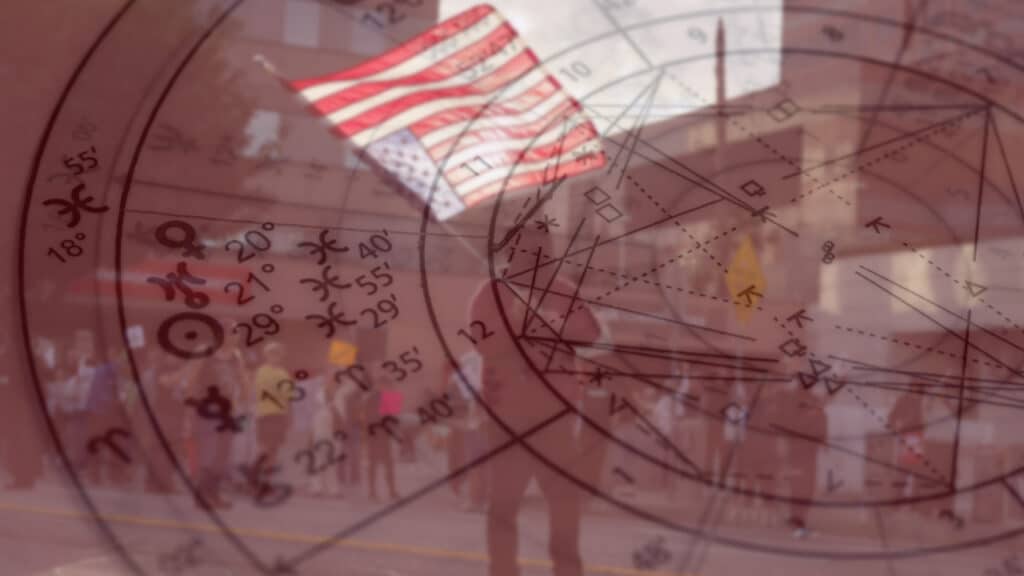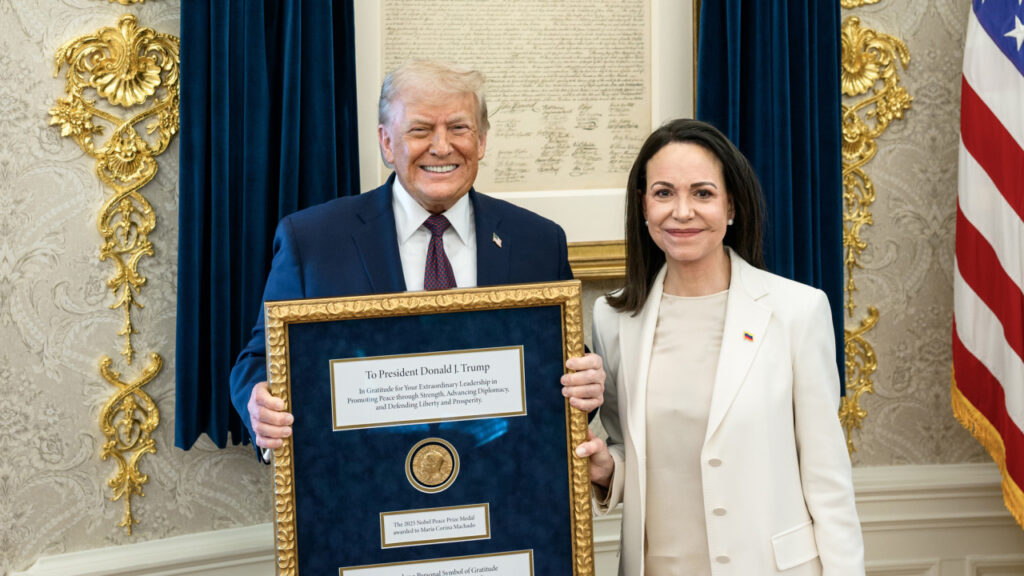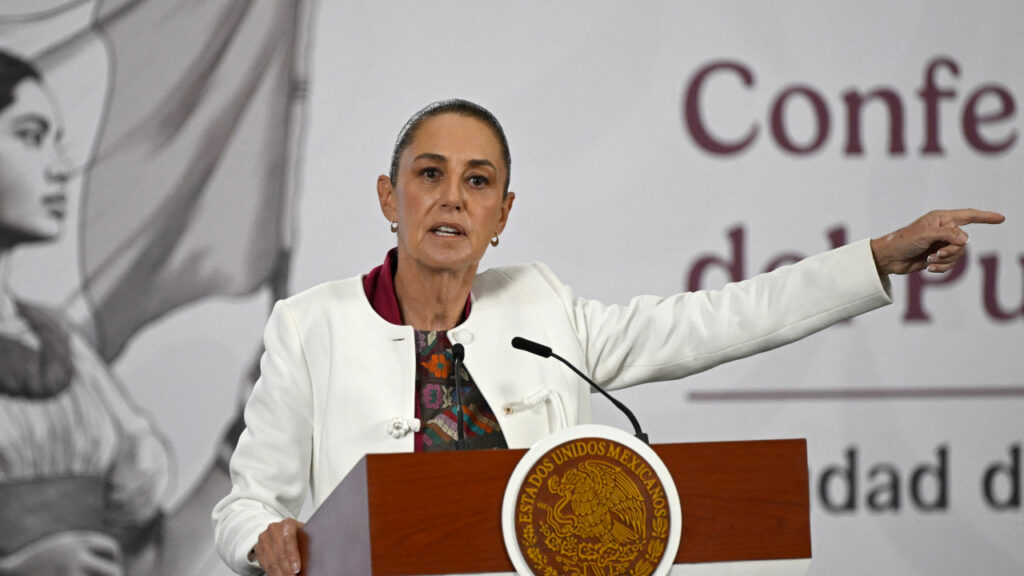
What the Supreme Court’s Birthright Citizenship Case Means for Latina Moms Across America
When the Supreme Court convened on May 15, scaffolding cloaked its marble columns. Inside, the justices began hearing what may become one of the most consequential immigration cases in U.S. history. At stake? The future of birthright citizenship and the rights of hundreds of thousands of babies born to immigrant parents—many of them Latina moms.
The case, rushed to the high court just months after Donald Trump returned to the White House, examines whether his executive order—denying citizenship to children born on U.S. soil to non-citizen parents—can be enforced while litigation continues. Though the hearing focused on procedural questions around nationwide injunctions, the subtext is clear: birthright citizenship as we know it is on the line.
Why the Supreme Court Is Weighing In on Birthright Citizenship Now
On January 20, 2025, President Trump signed an executive order targeting birthright citizenship. According to CNN, the order would deny passports and official documents to babies born to undocumented immigrants and temporary visa holders. That immediately triggered lawsuits in multiple states and led to three nationwide injunctions blocking enforcement.
But instead of waiting for lower courts to rule, the Trump administration fast-tracked an emergency appeal to the Supreme Court. On Thursday, the justices will hear arguments about whether the judicial system can narrow those injunctions, allowing the administration to begin implementing the order in states not covered by the lawsuits.
The Department of Justice argued that nationwide injunctions are out of control and harm the executive branch. Solicitor General D. John Sauer called the trend a “truly lupine encroachment” on the president’s authority. He urged the court to restrict injunctions to only the plaintiffs involved in a case.
But immigrant rights groups say narrowing the injunctions could create chaos. As ACLU attorney Cody Wofsy told CNN, “Nationwide injunctions are one of the tools that courts have to stop systemic violations of constitutional rights.”
Latina Moms Say the Birthright Citizenship Fight Is Personal
While the court debated judicial power, the real-world impact was already hitting home. Latina mothers—many of them asylum seekers, temporary visa holders, or undocumented—are watching the case with fear.
One woman, Barbara, a Cuban asylum seeker living in Kentucky, told the Associated Press that she’s terrified her baby won’t be considered a citizen. “It would be like she would be stateless,” she said. Barbara fled religious persecution in 2022 and is now 30 weeks pregnant. Kentucky is not among the 22 states that sued over the order, meaning her baby could be denied citizenship if the injunctions are narrowed.
“I really don’t know what kind of future my baby would face,” Barbara said. “It’s terrible.”
Another chilling scenario raised in court: Two immigrant mothers giving birth on the same day in the same hospital could see their children given different legal statuses depending on what state they live in or whether they belong to a group that sued.
What the Constitution Actually Says About Birthright Citizenship
The legal foundation for birthright citizenship comes from the 14th Amendment, ratified in 1868. It states: “All persons born or naturalized in the United States, and subject to the jurisdiction thereof, are citizens.” This clause was a direct rejection of the Supreme Court’s 1857 Dred Scott decision, which infamously declared that Black people were not U.S. citizens.
In 1898, the court reaffirmed that principle in United States v. Wong Kim Ark, ruling that children born in the U.S. to non-citizen Chinese immigrants were citizens.
Every court that has considered Trump’s new order has blocked it. But the administration continues to lean on a fringe theory that children of undocumented immigrants aren’t fully “subject to the jurisdiction” of the U.S. and therefore shouldn’t be automatic citizens.
Trump’s legal team barely defended the order on constitutional grounds during Thursday’s arguments. Instead, they focused on curbing nationwide injunctions—a move that could pave the way for piecemeal enforcement.
What Latina Moms and Immigrant Communities Stand to Lose
If the court sides with Trump, the impact could be devastating. Babies born in the U.S. could be rendered stateless—denied passports, IDs, and basic rights.
As the ACLU warns, these children could grow up unable to vote, access public services, or even prove who they are. “Denying citizenship to U.S.-born children is not only unconstitutional—it’s a reckless and ruthless repudiation of American values,” said ACLU Executive Director Anthony D. Romero.
Latina moms have long been on the frontlines of immigration policy. They cross borders, seek asylum, give birth in U.S. hospitals, and raise children in the shadow of political instability. Now, many fear being stripped of one of the few certainties they believed was protected by law.
As Puerto Rican attorney Karla McKanders told the Legal Defense Fund, “This action seeks to resurrect a racialized notion of who is American.”
An Uncertain Future in the Birthright Citizenship Case
The Supreme Court is not yet deciding whether Trump’s order is constitutional. Thursday’s hearing focused on whether the administration can begin enforcing it while lawsuits play out in lower courts.
Still, the implications are massive. According to Pew Research, a majority of Americans—especially Black, Latino, and Asian adults—oppose the order. Yet the justices’ questions suggest that several, including Justices Thomas and Gorsuch, are sympathetic to limiting nationwide injunctions.
If that happens, the U.S. could see a fragmented legal landscape where a baby’s citizenship status depends on geography and legal affiliations.
For many Latina mothers, it’s a stark reminder: citizenship, like so many rights, is something you’re constantly forced to defend—even from the very place you call home.




